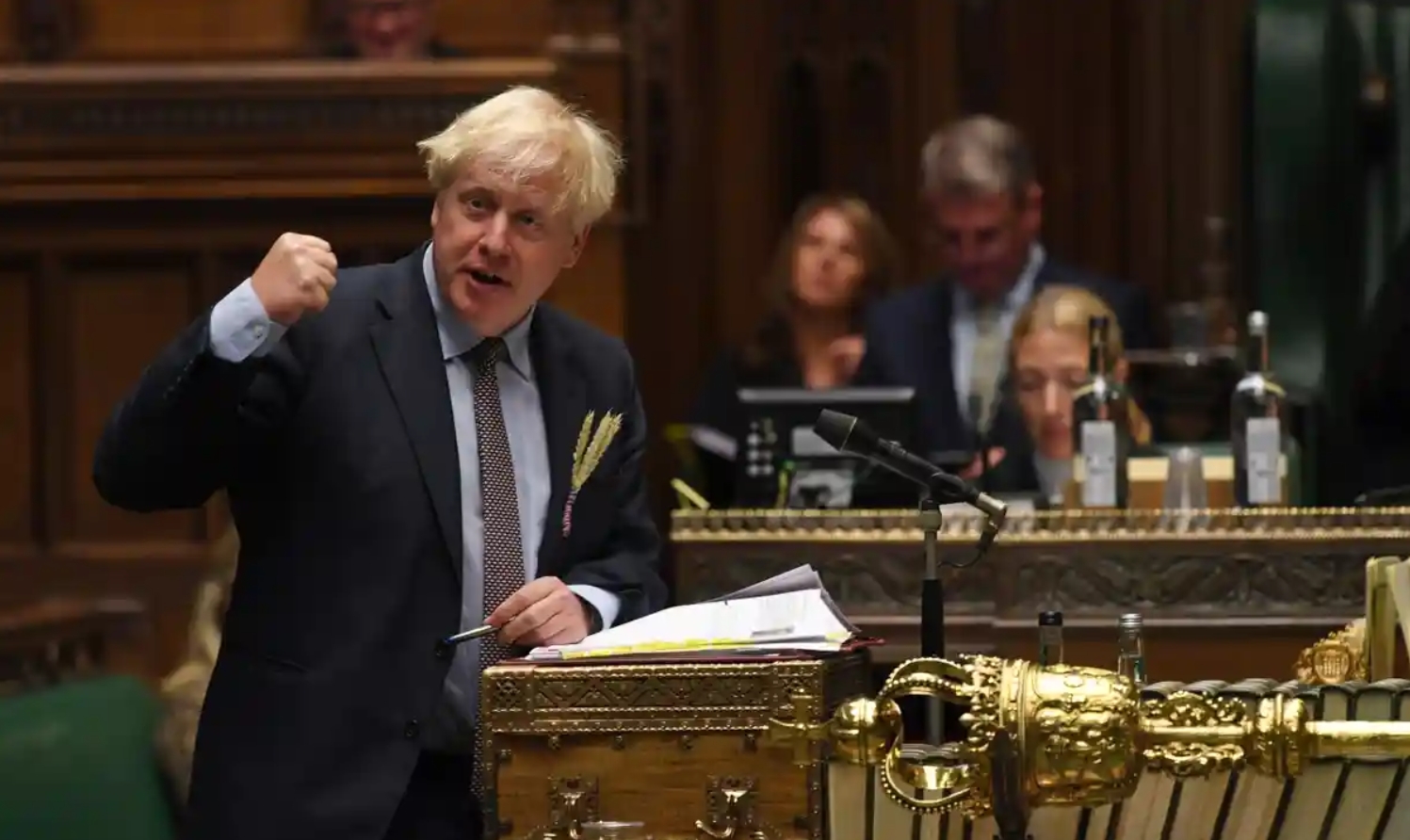The Guardian view on the internal market bill: a legal wrecking ball
The government’s proposals defy international law, destabilise the union and undermine Britain’s reputation
https://www.theguardian.com/commentisfree/2020/sep/09/the-guardian-view-on-the-internal-market-bill-a-legal-wrecking-ball

To protect national sovereignty, the government is proposing a law that will undermine the deal it signed last year with the European Union to restore that same sovereignty. The logic is hard to fathom. It makes sense only in the context of a Brexit project that can never be completed to the perfect satisfaction of the Conservative party.
The internal market bill, published on Wednesday, represents the latest stage in the quest for an immaculate separation from Europe. Every vestige of EU influence over the territory of the UK must be purged. In pursuit of that goal, no diplomatic norm or constitutional principle – not even the duty to
uphold international treaties – is safe.
The most controversial target is the provisions in the withdrawal agreement that retain a requirement for Northern Ireland to stay aligned with certain EU standards. The further Britain diverges from the single market, the more checks have to be applied to goods crossing the Irish Sea and the more UK businesses operating in Northern Ireland must adhere to Brussels rules. That is the insurance policy that Boris Johnson signed to avoid land border checks between Northern Ireland and the Republic.
Perhaps Mr Johnson did not understand that policy. Perhaps he never intended to honour it. Either way, he now wants to legislate a fantasy version of what he wished he had signed into reality. That involves clauses in the new bill that grant unilateral powers to ministers to override the withdrawal agreement. Regulations issued for that purpose are “not to be regarded as unlawful on the grounds of any incompatibility or inconsistency with relevant international or domestic law”.
Thus the bill seeks to indemnify the government against any legal challenge relating to use of its special powers – a law to put ministers above the law. MPs must not acquiesce in such a thing. It is a sinister constitutional absurdity, quite aside from the bad faith it shows with regard to Brexit negotiations, and the damage it does to the nation’s
reputation as a trustworthy trading partner. It depletes any moral authority that the UK might summon as a democratic state criticising the action of authoritarian regimes. It tells the world that Mr Johnson sees international law as a footling thing and that he condones casual breaches for the sake of expediency. This is a direction in British statecraft welcomed only by despots and crooks.
snip
